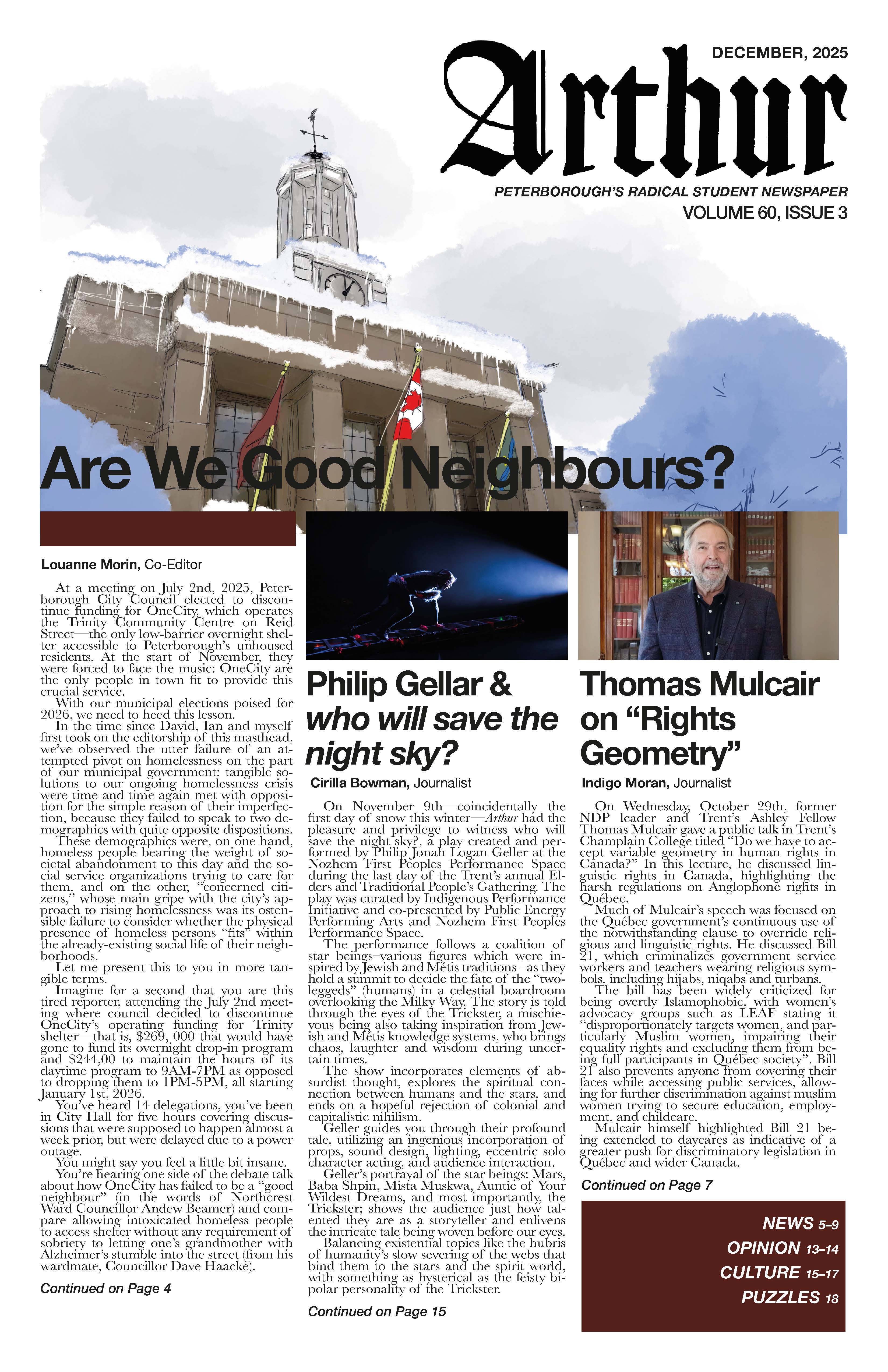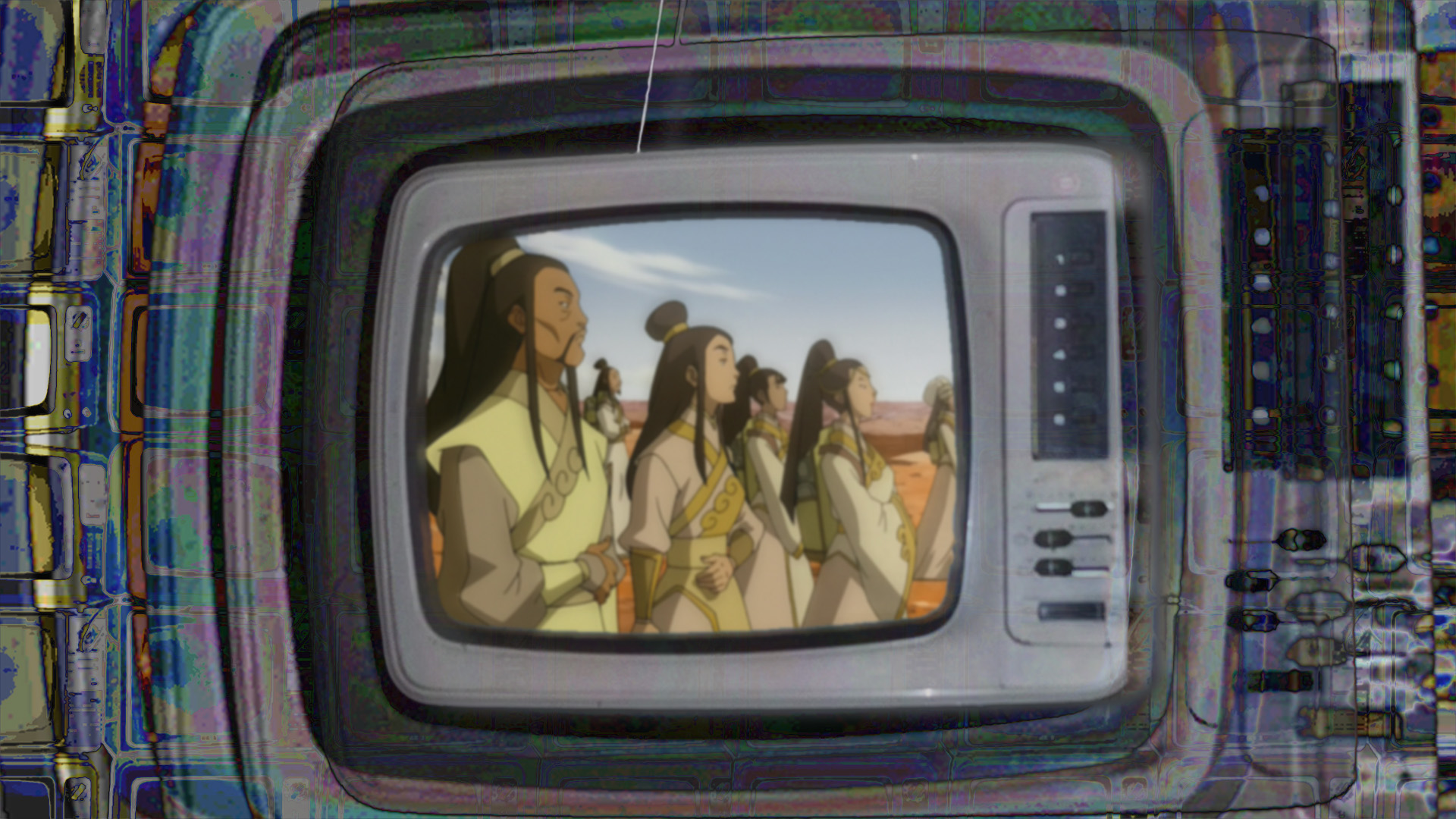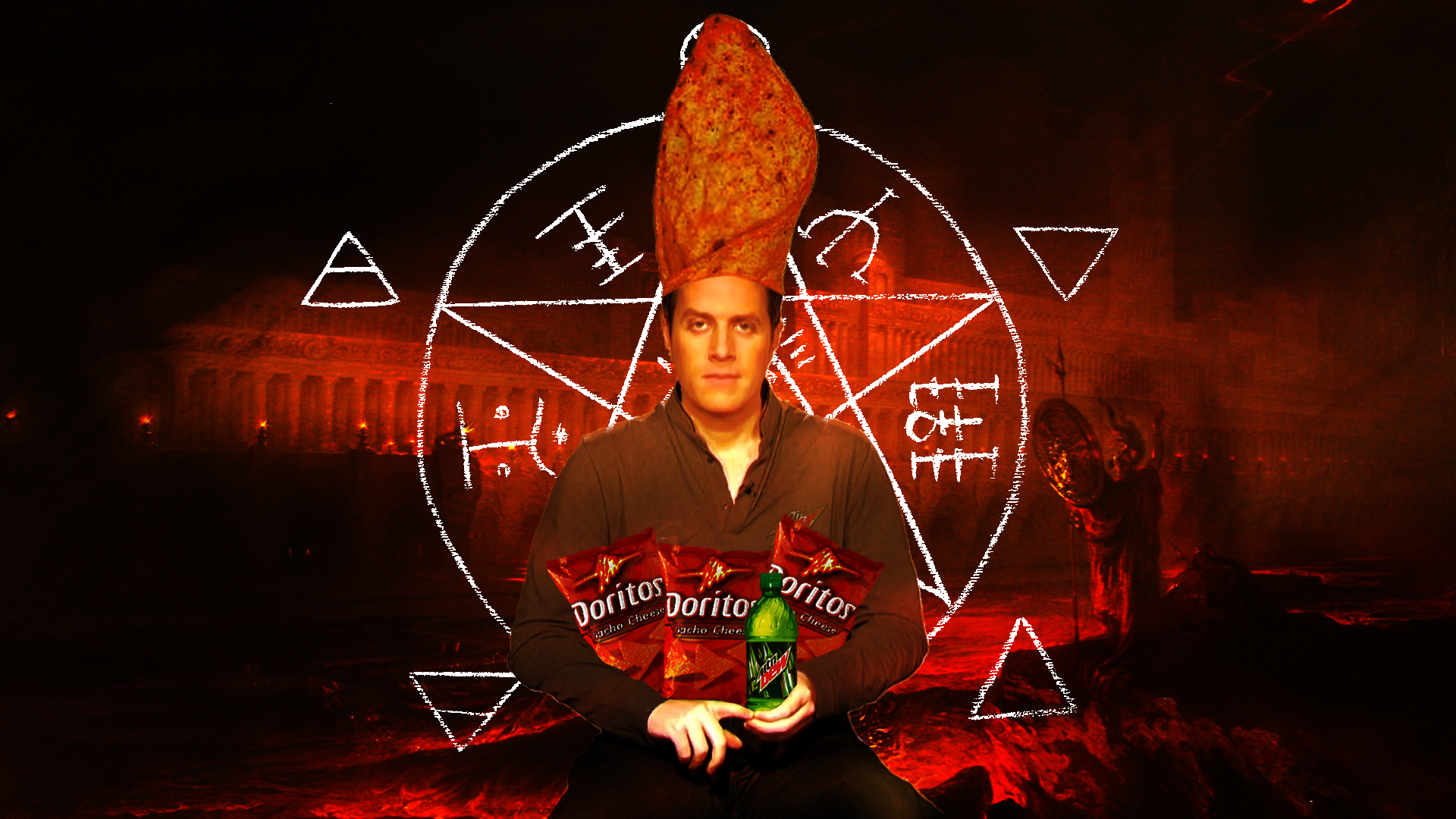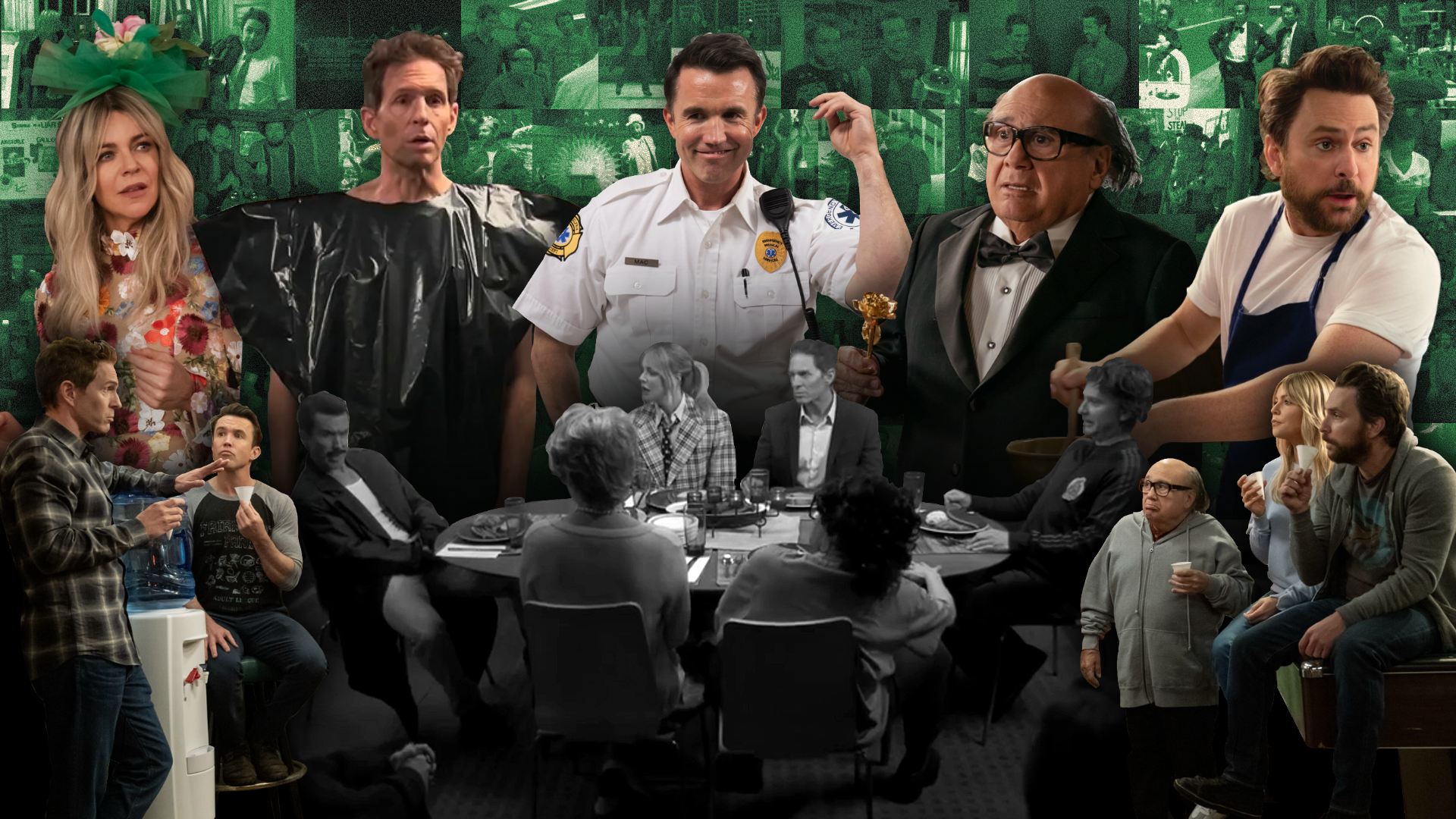To say that from the moment that Games of Thrones emerged, it was so good, everything else has been bad is akin to saying that since Trump became president, America has been broken. Neither could have broken a system that had been shattered for decades. Instead they both hold a magnifying glass to the flaws of their own environment.
For Trump, it is an exhibition on the hypermanifestation of a festering American. He oozes cruelty to the most vulnerable relentlessly. That he is awful doesn’t negate that a distinctly American brand of capitalism nurtured his rise to power. His ascent began in the 80s, ironically culminating in his presidency in an era that nakedly worships the decade that gave us Reagan, a man who imitated a politician, while Trump was imitating a real estate mogul.
Ultimately, many in the establishment reject Trump because he is the natural product of the system that they oversee. He is their Dorian Gray portrait. He serves as a reminder of the moral decay that lead to our current gilded age.
Whereas Trump embodies rot in our political system, Thrones shows us an ideal in the arena of television. On display in Thrones are the following: plot pushing dialogue, nuanced characters, big battles, and tastefully soft hogs (dicks). No show better highlights how bad everything else is, and has been.
This has lead to shows that imitate Game of Thrones to flood the market, not in form, but rather in consumption and substance. Shows are now streamed and binged in (hopefully only) 3-5 episode sessions. This is how most watched Game of Thrones, inhaling it in a dark room. Supersaturated. “Happy.”
Because of the way in which people consume Game of Thrones, there has been a distinct change in how episode structures in other shows work. Put simply, shows have been streamlined. Episodes now begin at the cliffhanger that preceded them, and never end. Most shows follow this basic episode structure.
- Cliffhanger from last episode that naturally brought you here
- A non resolution addressing of that cliffhanger/checking in on other characters that inevitably myriad and endless
- A “meaningless” piece of dialogue or character interaction that will have implications later
- Action/Romance
- Cliffhanger
Of course, other stuff happens in an episode. Other stuff being characters talking and eating, talking and partying, and of course, talking while travelling. Thrones put a microscope to compelling characters, placed them in fantastic settings, and paid actors to act. Most importantly, the show established that what characters said had real consequences for their ability to keep their head attached to their shoulders.
Another appeal of a show like Thrones is how everything in the show is part of a narrative that will (eventually) lead to a satisfying conclusion. I call this "prestige television." The opposite of this would be a show like The Simpsons, in which every episode tells a story, and none of those stories have any bearing on episodes that follow them, Sideshow Bob aside. I call this "retinal Ritalin."
From the early 2000s, cable television was a neverending truncheon to the nutsack as it tried to take the best from retinal Ritalin and prestige television. It would roll out 24 episode seasons that tried to take the best of prestige television by having narratives that would conclude at the end of the season while also offering the “problems of the day” that would wrap at the end of each episode.
It was hell. Every episode would try and tell a story, but then constantly distract from it by needing to advance the narrative. I’m talking about shows like Grey’s Anatomy, House, The West Wing, Desperate Housewives. Most heinous is that none of these shows ever intended on ending. Capitalism necessitated their existence. Characters trapped in shows where time is a flat circle. The only escape from the neverending hell is the sweet release of death for the prisoner. As long as these shows maintained their fanbase of feral hogs (this time I’m using this to describe people) they would continue into the frightening abyss of eternity.
Again. It was hell.
More recently, streaming platforms have taken a page from the book of Thrones, and have done away with throwaway resolved in the episode plot. The narrative reigns supreme. All shows want the prestige; few have the budget, writing staff, or actors to pull it off.
The result of this relentless attempt to emulate the greatness is that every episode plays out more like an episode of The Hills. Characters get together, talk, attempt to gain the upper hand on one another without any real stakes being established. The plot moves ends up inching forward bit by until the audience is rewarded with a season finale that is 50% closure and 50% cliffhanger.
Often closure and cliffhanger are one in the same. An example of the introduction or resolution between two characters. In this scenario, there is closure to a problem but there is no progress, as our characters are exactly where they left off a year prior. Another example of closure and cliffhanger being one in the same is the resolution or an introduction of a love triangle.
Both of these are narratives that work specifically to be a story told over the course of one season. They offer the opportunity to explore histories of characters and their motivations. The viewing experience is akin to staring into the maw of the utter banality of human interaction.
These narratives supplant the actual thrust of the show and act as filler in order for the episode count to be artificially extended. They hold us captive when they are happening and we are just screaming for the show to fucking get on with it. The resolutions we get are resolutions of relationships, not plot.
Showrunners have given real plot a lobotomy and replaced it with the promise of compelling characters that the audience gets to grow with over time. Through shifting relationships and outlooks we get to see those we care about on the screen move forward while their material circumstances surrounding them stay the same. This is the Soap-Operafication of television.
Modern television has ditched the format of early 2000’s cable monstrosities and adopted the new format of the narrative. However, they haven’t bothered coming up with interesting stories to tell. The result is that the format has changed but the substance is still the same.
Enter the Donald Trump show.
The way in which the media cover the Trump presidency is indistinguishable from how writers concoct season-long arcs. We are held captive by media that only sees it fit to cover the most benign aspects of this presidency: the relationships of the characters.
In shows that I would describe as retinal Ritalin, we are given a microscope onto a tight storyline with already fully developed characters. We witness, week after a week, execution of storylines that have existed forever. The way in which the media covers the Trump administration and their relationships with one another assumes character growth is possible when it is not.
It assumes that progress is possible when all is static. It gives us no closure, as there is no hope for anyone in the Trump administration to grow.
- “Is Steve Bannon on the way out?”
- “Will Trump give H.R. McMaster the boot?”
- “Trump calls Sessions a doo-doo head!”
The media spends a staggering amount of time covering that which could only be described as palace intrigue.
- “Does John Kelly approve of Kushner?”
- “How does John McCain feel about Donald?”
- “Donald Trump has said a thing!”
It’s exhausting, but it’s cheap to produce. In place of reporting and covering how Jeff Sessions had briefly unleashed child prison camps on the American South, the people received an extremely wet interview with Steve Bannon.
Financing reporters across the country to report on things is expensive. Reacting to “sources from inside the White House say” is cheap. It’s a sound business plan to pay five inexplicably moist boys to sit in front of green screens and decry the death of decorum. It’s a sound business plan to point to Russia as the cause of cleavages because it doesn’t alienate potential viewers.
The state of our current news cycle is bemoaned by many, but is as follows:
- “Trump says some wild shit!”
- “Many people are shocked!”
Whereas shows have supplanted plot with relationships, media has confused discourse with power. Just as it is with television in its current iteration, we are denied the sweet release of a finished storyline. Instead, we are subjected to the world’s least interesting characters and media (writers) that insist on their relevance to the plot.
There is no relevance to speak of.
What Donald Trump says about Jeff Sessions is not the story. Sessions establishment of prison camps for kids without any real consequences is.
Jared Kushner being on good terms with Steve Bannon was never the story. The story is how his position of “Philosopher King of Peace Jared” signifies the delegation of America’s Middle East policy to the Saudi Arabia and Israel.
Thrones showed how good television could be, resulting in shows across the board emulating it without putting in the same effort. Donald Trump put a spotlight on what an empire in decline would be it if were a person. Thus, the media doing everything it can to do to obscure and hide the main plotline and bury it in relationships and love triangles.


.png)


.jpg)


.jpeg)



.jpg)

.jpg)









.png)